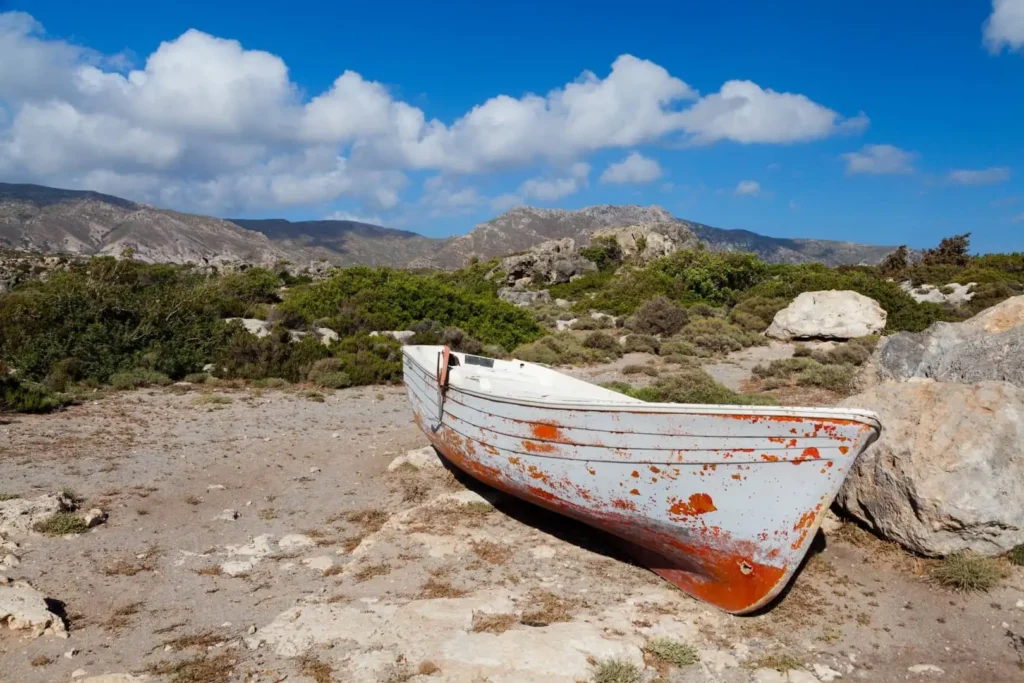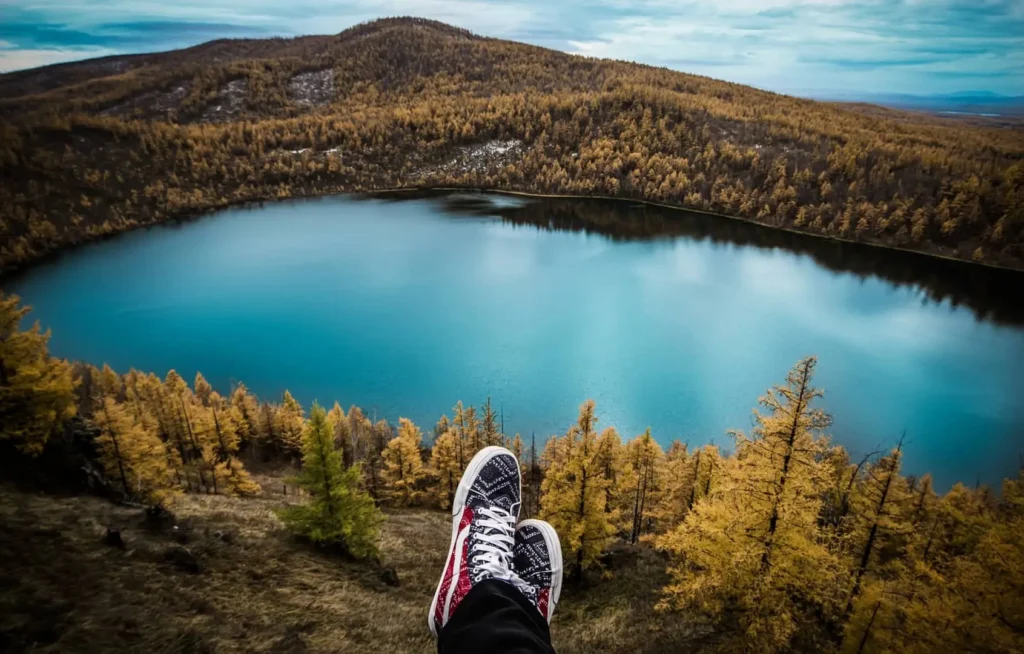Amid ongoing environmental challenges, 2024 has also seen numerous positive developments worldwide that offer hope for a more sustainable future. From successful conservation efforts to innovative green technologies, these stories highlight the progress being made in protecting our planet. Here’s a look at some of the most inspiring environmental achievements of 2024 so far.
1. Global Wildlife Populations Rebound
2024 has seen significant successes in wildlife conservation, with several endangered species showing signs of recovery. Notably, the African elephant population has stabilized due to stringent anti-poaching measures and habitat restoration projects across key countries like Kenya and Botswana. Similarly, conservation efforts have led to the highest number of sea turtle hatchlings in decades on beaches in Costa Rica and Florida, thanks to improved protection of nesting sites and reduced plastic pollution in oceans.
2. Record-Breaking Renewable Energy Growth
Renewable energy adoption has surged in 2024, with several countries breaking records in wind, solar, and hydropower installations. The European Union achieved a milestone by generating over 50% of its electricity from renewable sources for the first time, led by Germany and Spain’s massive investment in wind farms and solar panels. In the U.S., large-scale solar farms have expanded significantly, helping the country reduce its reliance on fossil fuels and cut carbon emissions.
3. India’s Massive Reforestation Effort
India has embarked on one of the world’s largest reforestation efforts, planting over 500 million trees across the country in 2024. This massive green initiative aims to combat deforestation, enhance biodiversity, and improve air quality in urban and rural areas. The program has been supported by local communities, schools, and businesses, demonstrating the power of collective action in environmental restoration.








4. Breakthroughs in Plastic Recycling
2024 has also seen major advancements in plastic recycling technologies. Researchers in Japan developed a new enzyme that can break down commonly used plastics like PET within days, making recycling more efficient and less energy-intensive. This breakthrough has the potential to dramatically reduce plastic waste, turning previously non-recyclable materials into valuable resources that can be reused in manufacturing.
5. Coral Reef Restoration Success
Coral reef restoration efforts are paying off, with several projects showing remarkable success in reviving these vital ecosystems. In Australia’s Great Barrier Reef, scientists have successfully used coral “gardening” techniques, such as growing coral fragments in nurseries and replanting them in damaged areas. These efforts have led to increased coral cover and biodiversity, providing new hope for one of the planet’s most threatened ecosystems.
6. Biodiversity Gains in Europe’s Urban Areas
European cities are increasingly embracing urban rewilding, turning green spaces into havens for wildlife. In 2024, cities like London, Paris, and Berlin have expanded their urban biodiversity initiatives, including creating more wildflower meadows, green roofs, and natural parks that support pollinators, birds, and small mammals. These projects have not only enhanced urban biodiversity but also improved air quality and provided residents with more natural spaces to enjoy.
7. Costa Rica Achieves 100% Renewable Energy
Costa Rica has once again demonstrated its leadership in sustainability by achieving 100% renewable energy for several months of 2024. Relying on a mix of hydropower, wind, geothermal, and solar energy, the country has shown that it is possible to run a modern economy without fossil fuels. Costa Rica’s success serves as a model for other nations looking to transition to greener energy systems.







8. Marine Protected Areas Expanded Worldwide
Countries around the world have expanded their Marine Protected Areas (MPAs) in 2024, providing critical safeguards for marine life. Canada, Australia, and several Pacific island nations have designated new protected zones to conserve fish populations, coral reefs, and underwater ecosystems. These MPAs help combat overfishing, protect biodiversity, and support the health of the world’s oceans.
Conclusion
These positive environmental stories from 2024 highlight the progress being made globally to address climate change, protect wildlife, and promote sustainable practices. While challenges remain, these achievements demonstrate that concerted efforts by governments, communities, and businesses can lead to real, impactful change. As we move forward, building on these successes will be key to creating a healthier, more sustainable planet for future generations.


